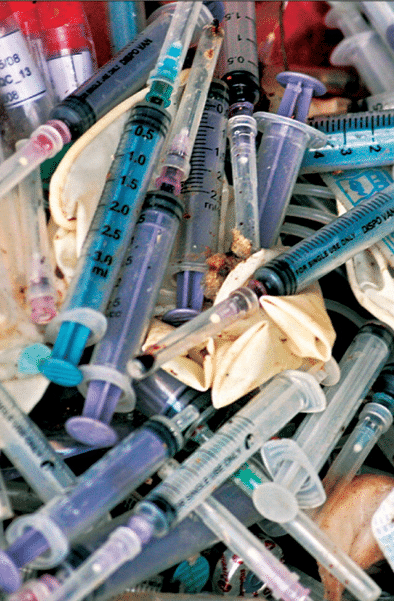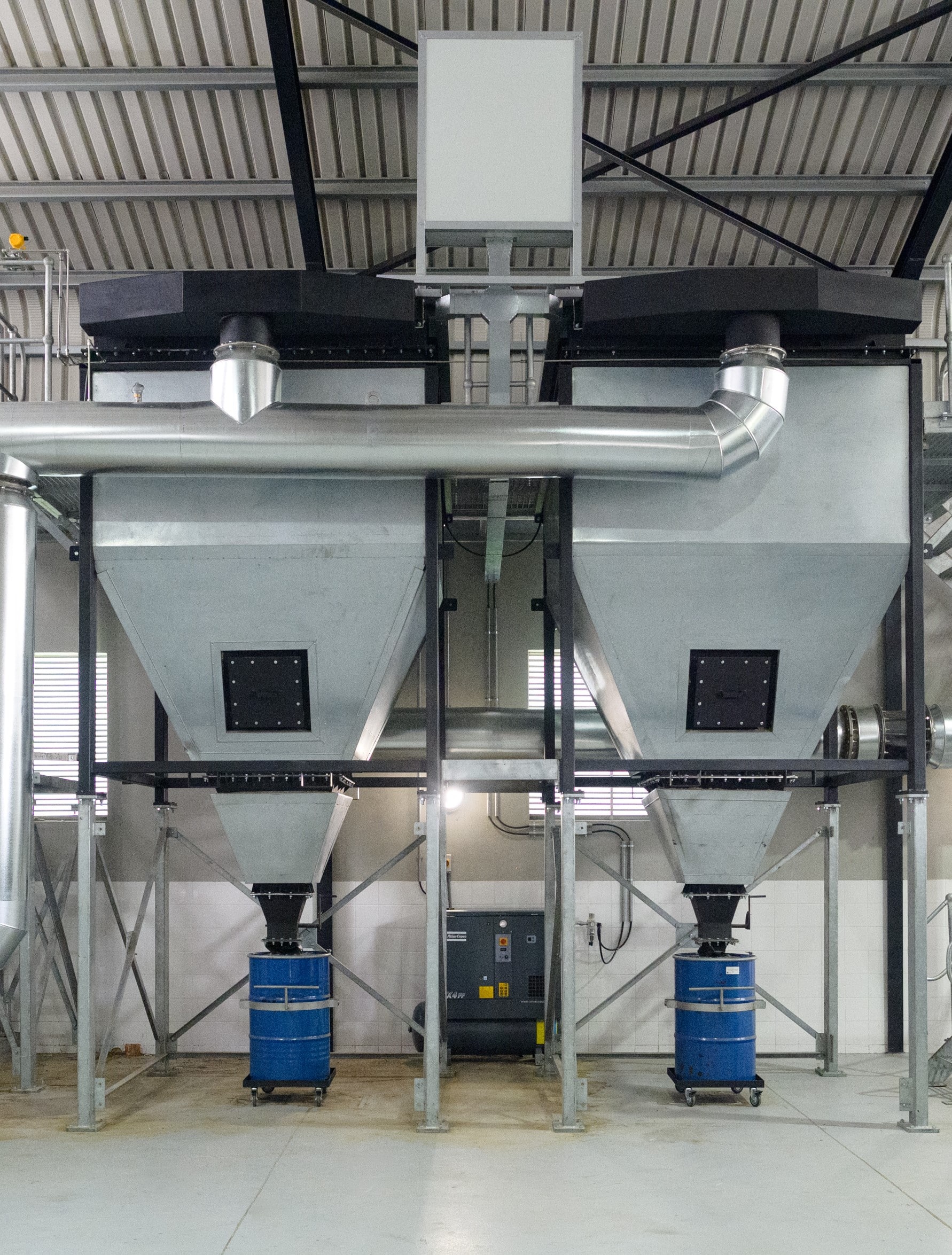Disposal of Medical Waste
Every day, hospitals and other medical facilities generate a lot of medical waste. If this waste is not disposed of properly, it can pose a serious threat to public health. One way to safely dispose of medical waste is through incineration.
Incineration is a thermal process that involves the burning of solid waste at very high temperatures. This process reduces the volume of the waste and kills any pathogens that may be present in the waste. Medical waste incinerators are designed to meet strict emissions standards, so they are safe for both the environment and human health.
What is medical waste and what are the dangers of improper disposal?

Medical waste, also known as healthcare risk waste (HCRW), is a hazardous by-product of medical activities, such as pharmaceuticals, biological materials, pathological substances, and sharps. It can include items contaminated with blood, body fluids and tissue samples.
When disposed of improperly, medical waste can have serious implications for both public health and the environment. Improper disposal of these materials can lead to exposure to infectious agents like viruses and bacteria, foreign chemical exposures in water sources or living organisms, or can create a physical hazard via sharp objects like needles and broken glass vials. To safely manage this form of waste it’s essential that those responsible for its disposal utilize recommended methods (like incineration) which help to reduce the risks associated with mishandling or illegally dumping HCRW.
What are the benefits of using incineration for medical waste disposal?
Incineration is a popular method of waste disposal for medical facilities, with good reason, and several advantages. Incineration can safely and completely destroy medical waste, including pharmaceutical waste, biological waste, pathological waste, and sharps. This not only helps to protect public health, but it also reduces the strain that medical waste puts on our landfill system, and the risk landfilling poses to the environment; furthermore, energy can be recovered from the incineration process through hot air, hot water, or steam production. Additionally, its cost-effective nature makes it an attractive option for many businesses. For these reasons, numerous medical facilities are turning to incineration for the safe and efficient disposal of their medical waste.
The drawbacks of using incineration for medical waste disposal?
Incineration is a popular method of medical waste disposal, yet it comes with a range of drawbacks. Emissions released through the flue gas can cause harm to ecosystems and even people living or working near incinerators without proper Flue Gas Abatement. Air emission regulations also create added complexity for the owners and operators of incinerator plants. It is thus critical that a reliable supplier is chosen for incinerator equipment, with careful consideration of the scrubbing and filtration technologies that are proposed along with the equipment specifications, especially equipment monitoring, safety systems, and Emission Monitoring Systems.
How to find a reputable company that provides incineration services for medical waste?
Securing reliable and responsible incineration services for medical waste is critical for businesses in the healthcare industry. When researching vendors, it’s important to look closely at the vendor’s qualifications, equipment specifications and filtration processes. Do they have certifications or other relevant credentials? Are their incinerators compliant with industry standards and regulations? More importantly, have they been in business long enough to be reliable and trustable partners? Careful consideration should be made of the proposed specifications, including waste handling, volume of incinerator chambers, insulation, plant reliability, how scrubbing and filtration systems are sized, and the auxiliary equipment required. Taking all these factors into consideration can help businesses ensure they are choosing a reliable vendor that can meet their needs while also properly dealing with their medical waste.

Effective medical waste management is a vital requirement for all healthcare professionals, both for the safety of their employees and their community. Incineration is an effective option for destroying medical waste and comes with significant advantages, including complete incineration of hazardous waste with little environmental impact, less waste sent to landfills, and reduced transport costs due to less frequent collection. That said, there are also some drawbacks to consider; particularly keeping a close eye on any local regulations regarding licensing and ensuring proper flue gas filtration is done. When it comes to finding the right partner on whom you can rely upon to provide quality services, it’s important to do thorough research into available companies providing incineration as a method of medical waste disposal – this will help to ensure that your healthcare organization is compliant with applicable regulations while minimizing risk. Taking measures such as these can make all the difference when it comes to protecting your staff and delivering quality patient care.
